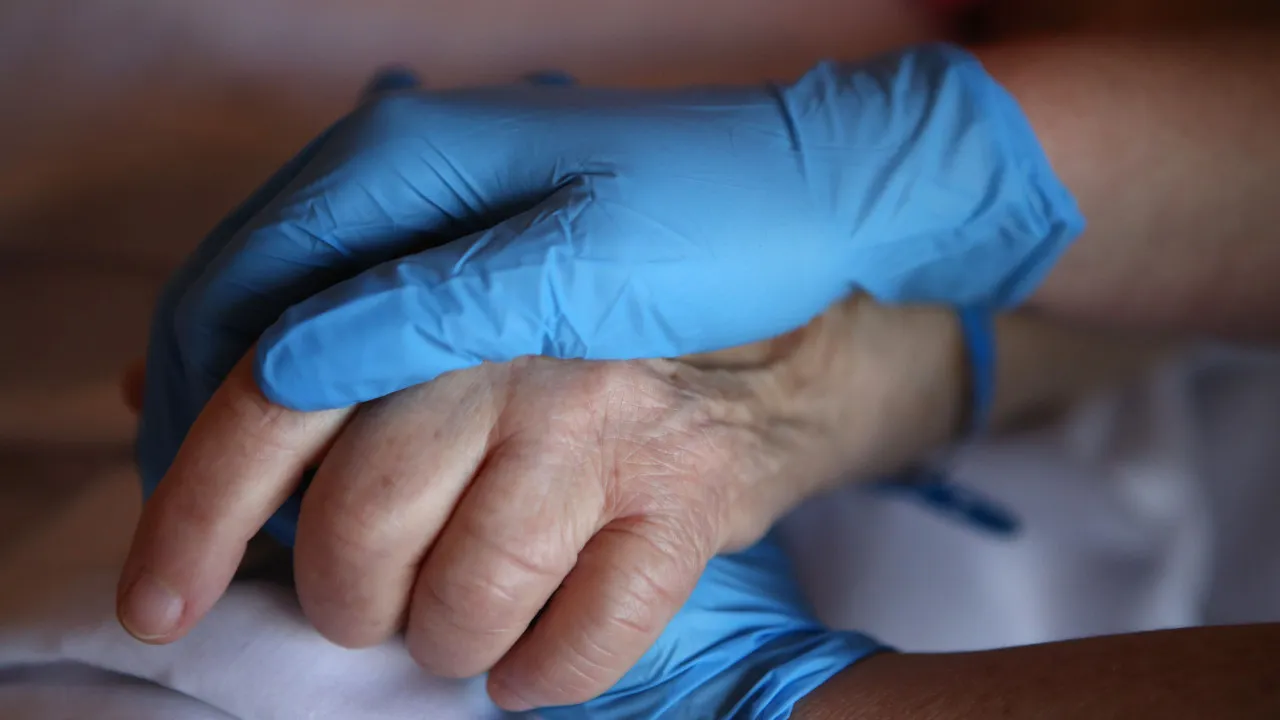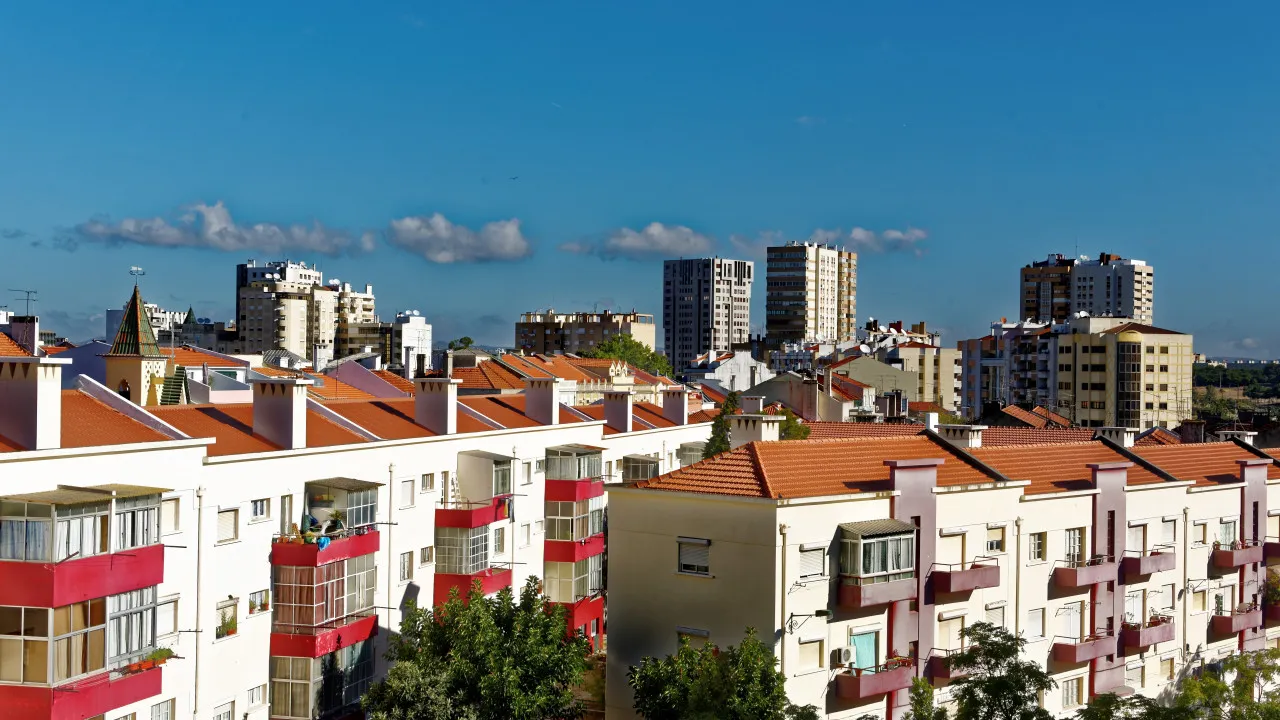
Maria dos Anjos Catapirra announced that approximately 9,000 signatures have been collected, surpassing the necessary 7,500, thereby compelling the document to be debated in the Portuguese Parliament.
The association’s leader stated that “the law excludes the majority of informal caregivers from access, recognition of status, and rights.”
The petition seeks to include all informal caregivers and former caregivers to ensure the recognition of their rights and to provide dignified support, such as recognizing all caregivers as primary ones regardless of their employment status, providing caregiver support subsidies without resource condition restrictions or retirement age, and offering paid leaves tailored to caregivers’ actual needs, among other measures.
The association also advocates for the provision of free respite care for all caregivers, including 24-hour home support, and for the caregiver support subsidy to cease being contingent on resources and retirement age, thus encompassing all informal caregivers.
“We want our retirees to have the right to support subsidies, because one of the barriers in the law is denying support subsidies to retirees; as soon as one reaches retirement age, support is withdrawn,” she stated.
Maria dos Anjos Catapirra stressed the importance of implementing caregiver support measures, including respite care, which have not been established under the legislation enacted in 2023.
“It’s utterly ridiculous, people are increasingly exhausted. Then there’s the major issue of considering the support subsidy or its calculation based on household income,” she added.
The goal, she noted, is for the reference amount for the Caregiver Support Subsidy to be set between the minimum wage and no less than 1.5 of the Social Support Index (IAS).
“Many informal caregivers live off the pensions of their parents or other relatives, and this is not a right for informal caregivers. We work 24/7 without holiday rights, without any rest, without anything,” the spokesperson emphasized.
Despite the changes expected in 2025, she mentioned that “only 16,000 caregivers are recognized. This is insignificant for 10% of the population and indicates a bureaucratic and complicated process.”
Amendments to the Informal Caregiver Status (ECI) were approved by the government on October 2, 2024, allowing individuals without family ties to the cared-for individuals to attain primary caregiver status, requiring only shared residence.
The reference amount for the main informal caregiver support will increase from one IAS (Social Support Index) valued at 509.26 euros to 1.1 IAS, translating to 560.19 euros.
In cases where there is a familial relationship with the cared-for individual, matching tax domiciles will no longer be required for the primary informal caregiver.
The regulatory decree establishes the terms and conditions for recognizing the status of informal caregiver, as well as the support measures for informal caregivers and the individuals they care for, in accordance with the law approving the ECI.




